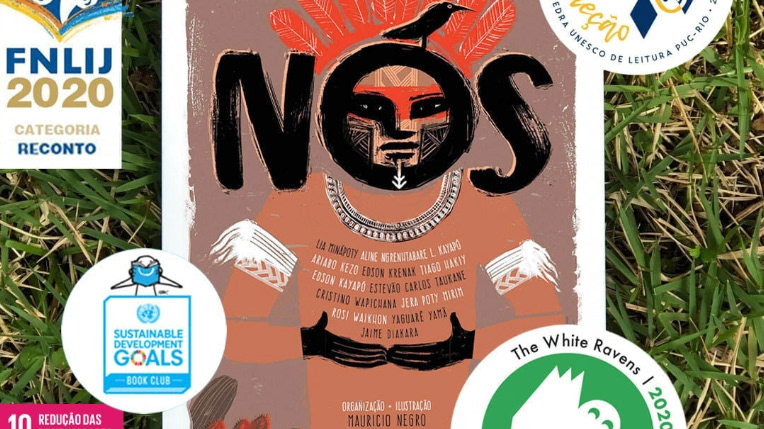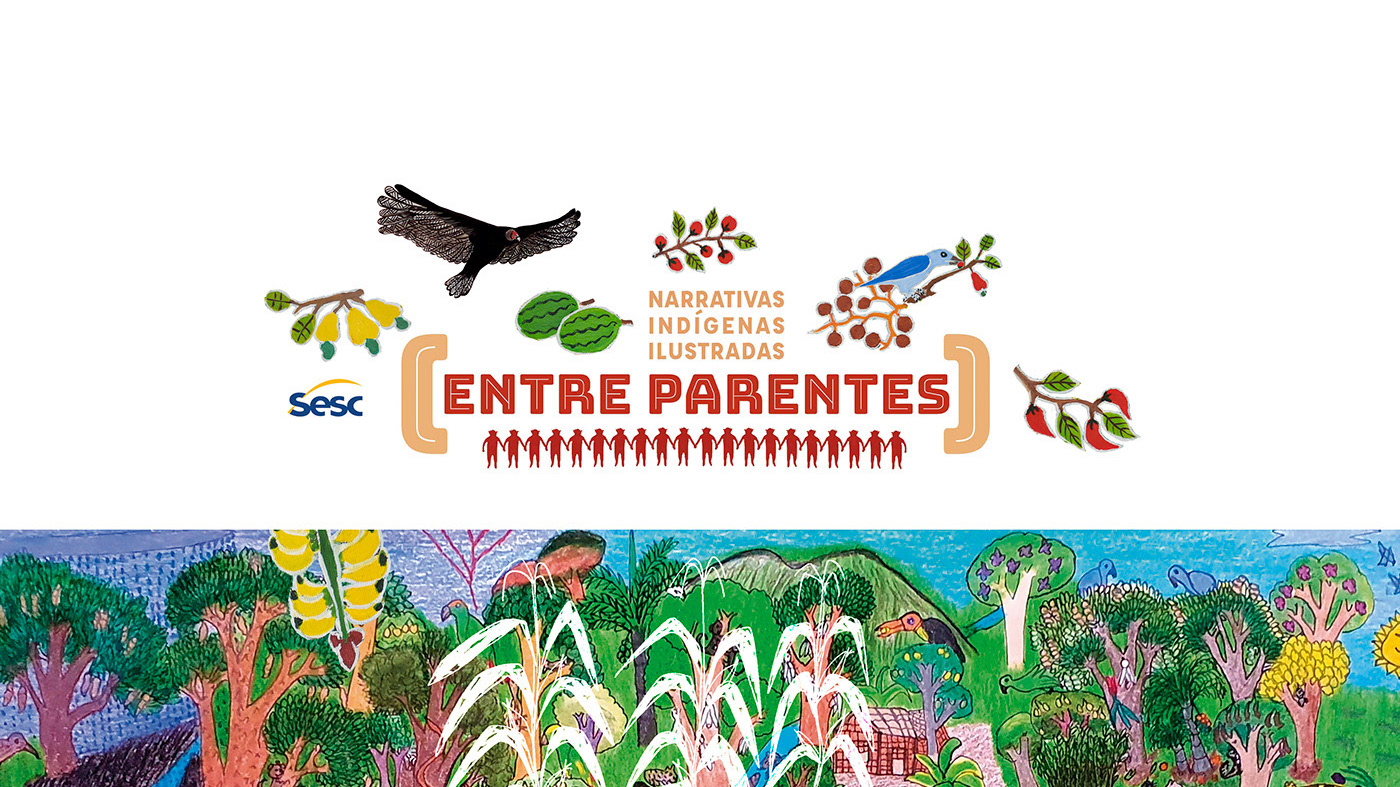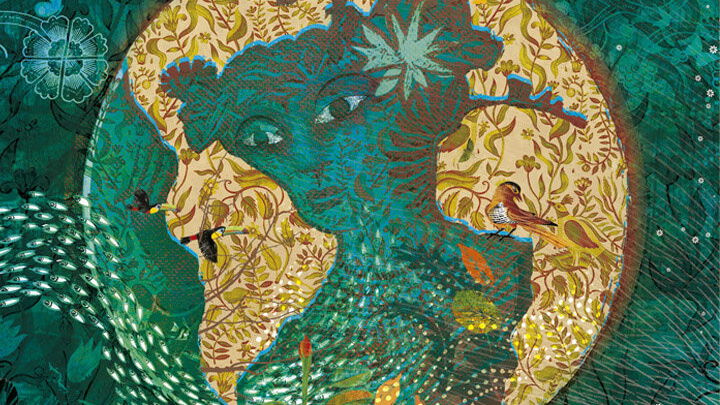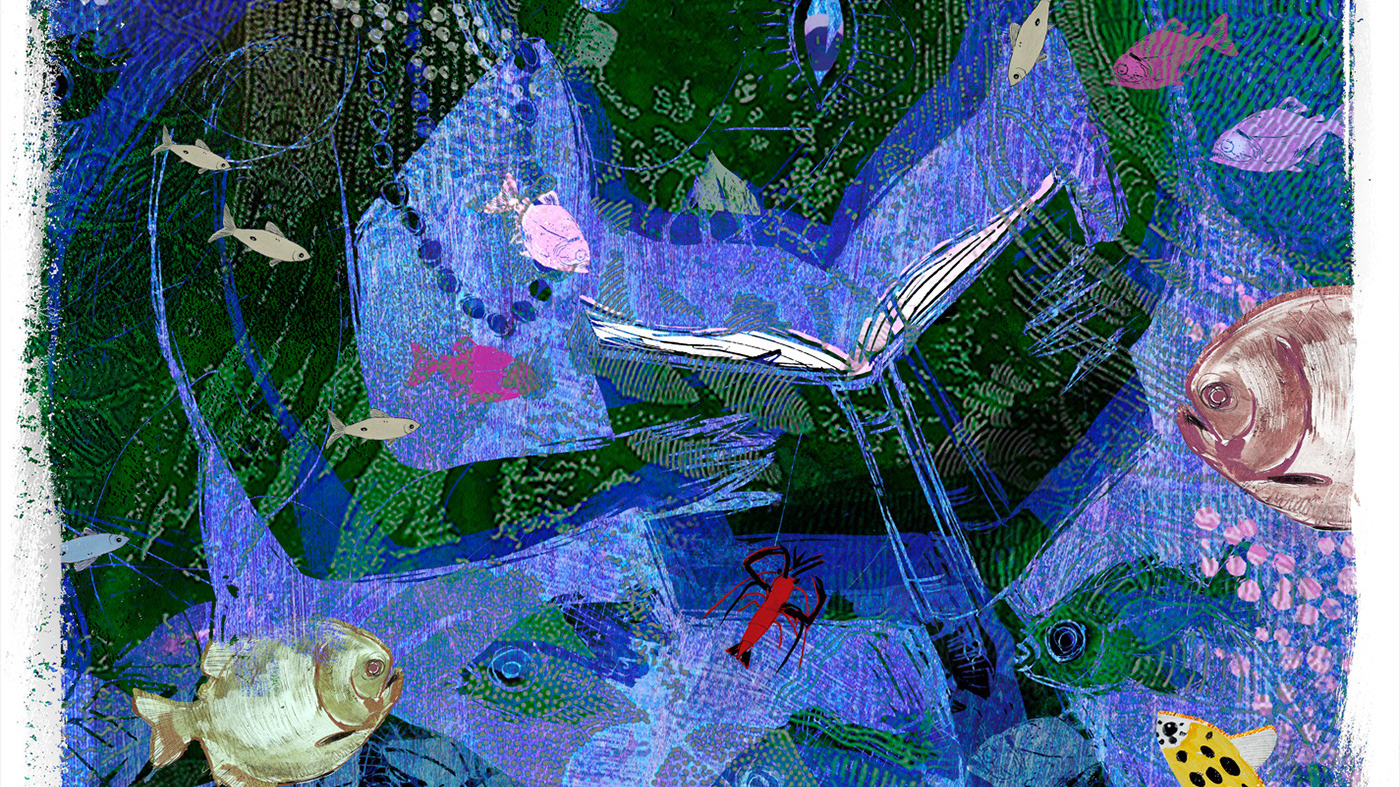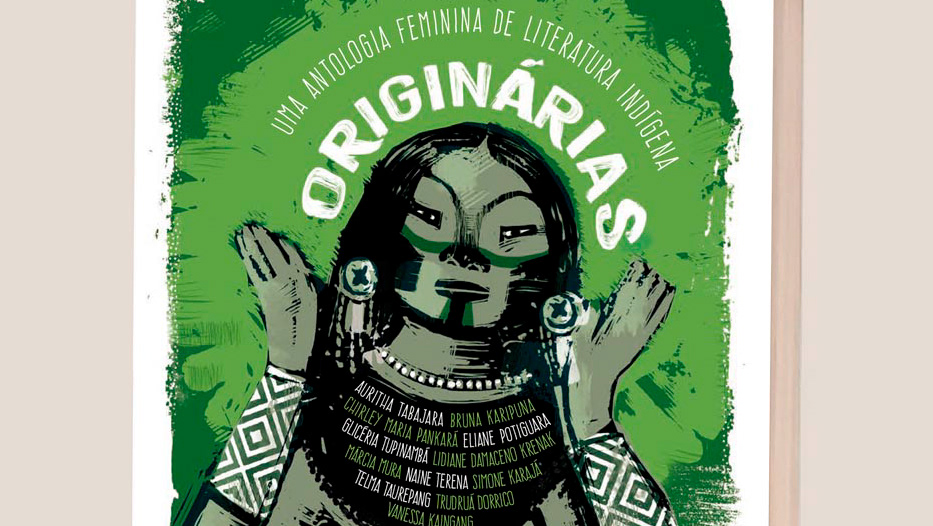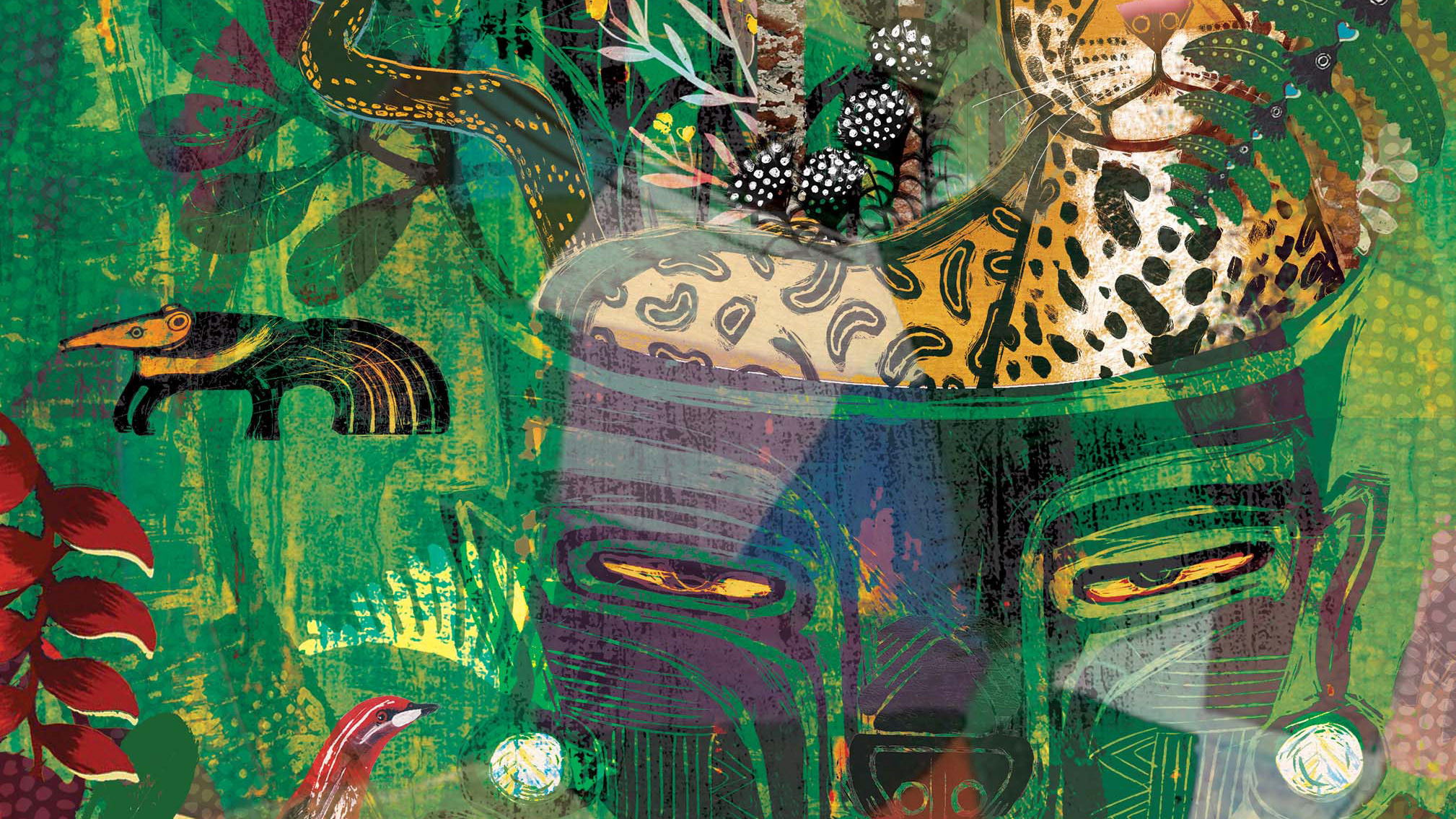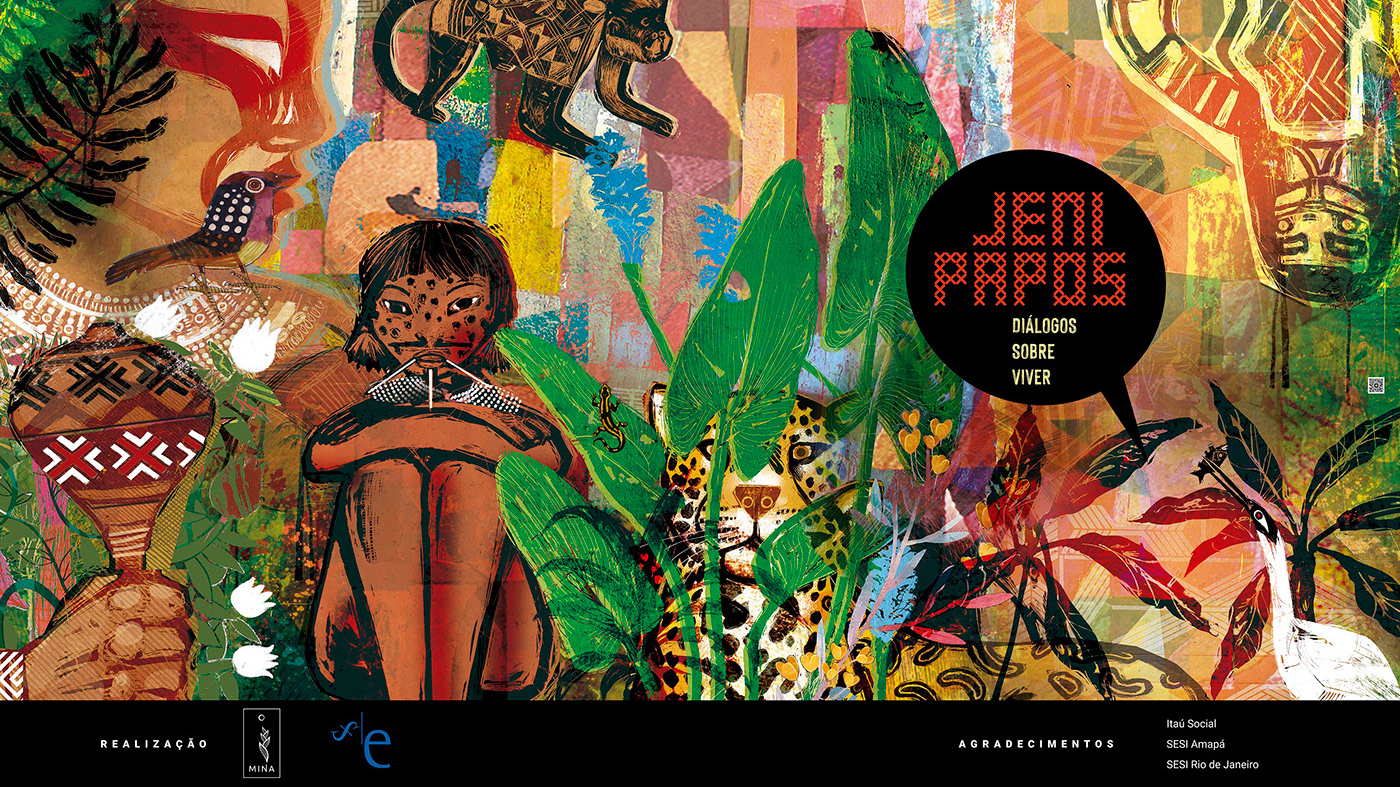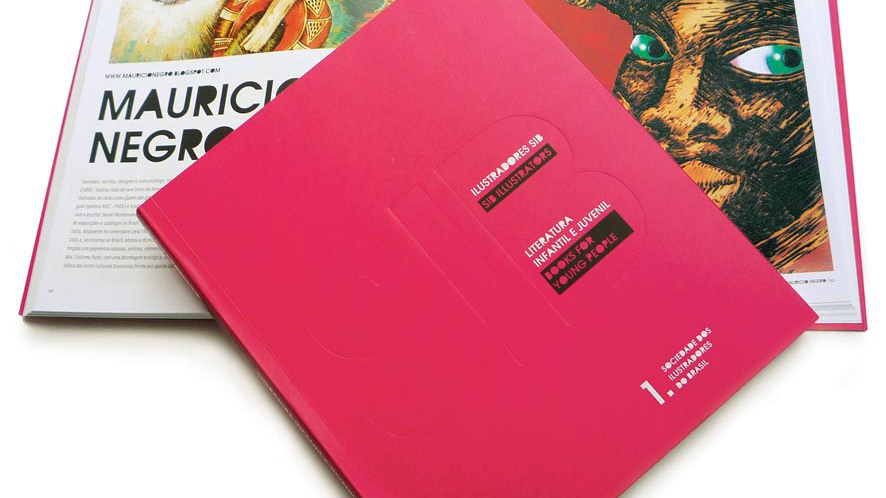Photo_Spencer Platt/Getty Images | AN INTERVIEW TO Tina Daheley | BBC News World Service
WHO SHOULD FUND THE ARTS?
interviews by mauricio negro, MARCEL PRADO ARIZA, Nina Ozlu Tunceli,
Alexander Zubatov and Mike Van Graan TO Tina Daheley (BBC NEWS)
[ different approaches to funding artists and creatives in Brazil, South Africa and the USA ]
What resources do artists around the world need to express themselves fully? Where should the money come from? And what, if any role should governments play? This week we’re exploring the question of who should pay for the arts and how. It’s one with broad implications for the type of culture being made, and the type of people who get to make it.
Brazilian writer, illustrator, DESIGNER and Cultural Manager Mauricio Negro tells Tina Daheley about a tumultuous time for Brazilian artists, brought about by former President Jair Bolsonaro’s cultural reforms, which included the dissolution of Brazil’s Ministry of Culture and significant cuts in government funding available the culture sector.
Marcel Pardo Ariza is a contemporary Colombian artist working in photography and installation who uses ‘they/them’ pronouns. In October 2021 they were offered a place on San Francisco’s new Artists Minimum income scheme, receiving $1,000 per month to sustain their career as an artist. They tell us about the impact the money had on them and their work.
Americans for the Arts Executive Director Nina Ozlu Tunceli then debates the broader implications of such a scheme with US writer and commentator Alexander Zubatov.
Plus US artist Natasha Bouchillonn talks about combining her skills in marketing and art to create a very successful business, an example of how an entrepreneurial approach can help artists who may not think they can afford it to sustain a career free of government support.
And South African playwright Mike Van Graan reflects on his career campaigning for broader access to culture in the country for artists and audiences. Van Graan, who was a cultural advisor to the country’s first post-apartheid government, recently took part in a review of the theatre and dance sectors in the country that led to a set of proposals including the issuing of special vouchers to enable poorer households to attend the theatre.
quem deve financiar as ARTeS?
entrevistas de mauricio negro, MARCEL PRADO ARIZA, Nina Ozlu Tunceli,
Alexander Zubatov e Mike Van Graan PARA Tina Daheley (BBC NEWS)
[ diferentes perspectivas de financiamento a artistas e criativos no Brasil, África do Sul e EUA ]
> escute agora (entrevista em inglês)
De que recursos os artistas de todo o mundo precisam para se expressar plenamente? De onde deve vir o dinheiro? qual deve ser o papel dos governos? Esta semana investigamos qual e como deve ser o suporte concedido ÀS artes. as implicações variam conforme cada contexto cultural e perfil de produtor cultural.
O escritor, ilustrador e gestor cultural brasileiro Mauricio Negro fala à Tina Daheley sobre o CONTURBADO perÍODO para os artistas brasileiros DURANTE A GESTão de governo do ex-presidente Jair Bolsonaro, sob restrições DE TODA ORDEM, dissolução do Ministério da Cultura e cortes significativos na verba PÚBLICA destinada Ao setor cultural.
Marcel Pardo Ariza é um artista colombiano contemporâneo que trabalha com fotografia, instalação e usa os pronomes 'eles/DEles'. Em outubro de 2021, uma vaga no novo esquema de renda mínima para artistas de São Francisco LHE FOI OFERECIDA, SOB $ 1.000 por mês para sustentar sua carreira como artista. Eles nos contam sobre o impacto que o dinheiro teve sobre eles e seu trabalho.
A diretora executiva do Americans for the Arts, Nina Ozlu Tunceli, debate as implicações mais amplas de tal esquema com o escritor e comentarista americano Alexander Zubatov.
Além disso, a artista americana Natasha Bouchillonn fala sobre combinar suas habilidades na área de marketing e arte para criar um negócio de BASTANTE sucesso, DANDO UM exemplo de como uma abordagem empreendedora pode ajudar artistas que NÃO pensam sustentar uma carreira livre de apoio GOVERNAMENTAL.
O dramaturgo sul-africano Mike Van Graan reflete sobre sua carreira em campanha por um acesso mais amplo à cultura no país para artistas e público. Van Graan, que foi assessor cultural do primeiro governo pós-apartheid do país, recentemente participou de uma revisão dos setores de teatro e dança do país, que levou a um conjunto de propostas, incluindo a emissão de vales especiais para permitir que as famílias mais pobres assistAM ao teatro.
